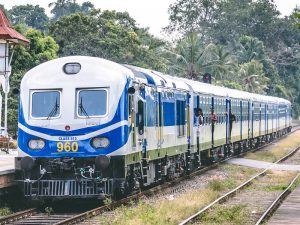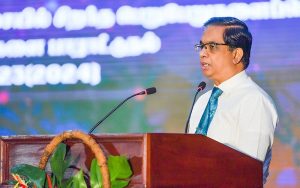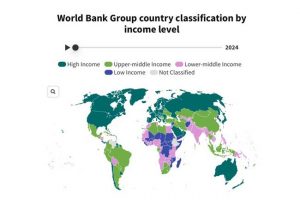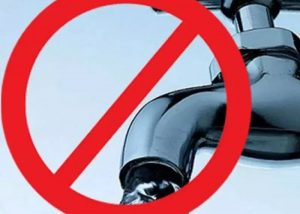Sri Lanka -“MASS GRAVES AND FAILED EXHUMATIONS IN SRI LANKA” Report Pointing the finger at the governments
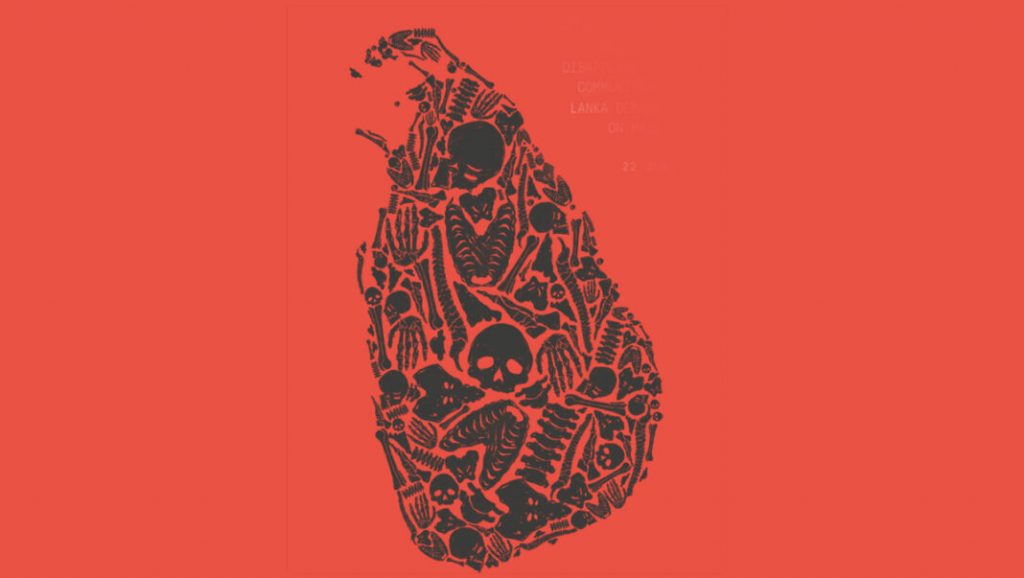
In a report launched , activist groups have accused former President Gotabaya Rajapaksa of tampering with police records to hamper investigations into mass killings in Sri Lanka.
Former Sri Lankan President Gotabaya Rajapaksa has been accused of tampering with police records to hamper investigations into mass graves discovered in an area where he served as a military officer at the height of a bloody Marxist rebellion in 1989.
The report named, ‘Mass Graves and Failed Exhumations’, details a pattern of systematic failures by Sri Lanka to exhume and investigate mass graves across the island.
The report composed by Journalists for Democracy in Sri Lanka (JDS), the International Truth and Justice Project (ITJP), Centre for Human Rights and Development (CHRD) and the Families of the Disappeared (FoD), highlights how successive Sri Lankan governments have interfered in investigations into mass graves between 1989 and 2009.
The report highlights that while tens of thousands of bodies lie undiscovered in mass graves across the island, only 20 mass graves have been partially exhumed over the last 30 years.
“None of Sri Lanka’s numerous Commissions of Inquiry were mandated to look into mass graves. Instead, efforts to uncover the truth have been stymied,” the report states.
“Magistrates and forensic experts have been transferred abruptly, police have delayed carrying out judicial orders, families’ lawyers have been denied access to sites, no effort has been made to find living witnesses, no ante mortem data was collection and, in the very rare cases where someone was convicted, they were then pardoned,” the report adds.
“It is a story of a lack of political will – an inadequate legal framework, a lack of a coherent policy and of insufficient resources. For the families of the disappeared it is a story of unresolved tragedy; the bereaved are forced to live and die without ever finding their loved ones,” it said.
The report said Gotabaya Rajapaksa, then a powerful defence official, ordered the destruction of all police records older than five years at police stations in the region after mass graves were discovered in the Matale district of central Sri Lanka in 2013.
The mass graves were suspected to date from the time of a violent Marxist rebellion in 1989 when Rajapaksa, as a military officer, was involved in operations against the rebels in the region.
The report called for action against Rajapaksa and senior police officials involved in the alleged hampering of the investigations.
Brito Fernando , President of the Families of the Disappeared said “We all know tens of thousands of bodies lie in shallow graves all over the island, so we can’t describe this dismal rate of progress as bad luck – it’s a clear lack of political will,”
‘Mass Graves and Failed Exhumations’ focuses on the failures of the exhumations of the mass graves investigated in Matale in 2012-2013 and the mass grave in Mannar that was investigated in 2018. According to the report, over 550 bodies were exhumed from these sites but to date, no one has been identified.
Parallel to the release of this report, K.S. Ratnavel, Executive Director of the Center for Human Rights and Development, said in a press release, “There is a complete lack of political will to investigate mass graves and enforced disappearances in Sri Lanka.”
“We have lost 178 mothers till today. Therefore, the witnesses to the crimes are gradually vanishing from our midst. If we also die, the evidence also will be erased. We protest and fight for justice on the road without closure, not knowing when we will get justice.” said in the launched report by a mother, Manuvel Uthayachandra, President of the Mannar Families of Enforced Disappeared.
The ‘Mass Graves and Failed Exhumations’ report recommended enactment of special laws and policies to manage mass graves and exhumations, including their identification, preservation and investigation.
It also recommended strengthening forensic capacity in the country, the creation of an independent public prosecution service to ensure that prosecutions resulting from exhumations are conducted in an impartial manner and the establishment of a skilled unit to look into other potential mass graves.
To read the full report :


